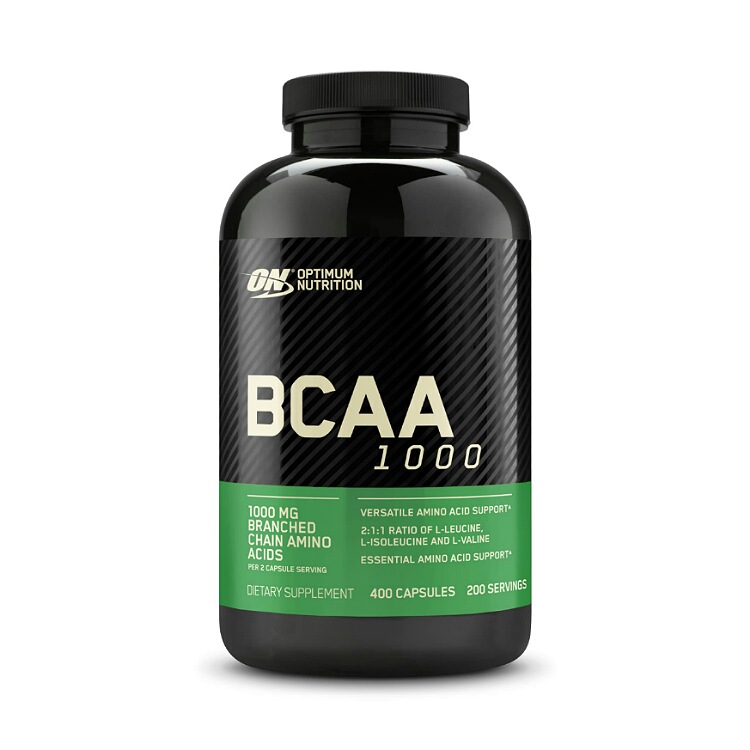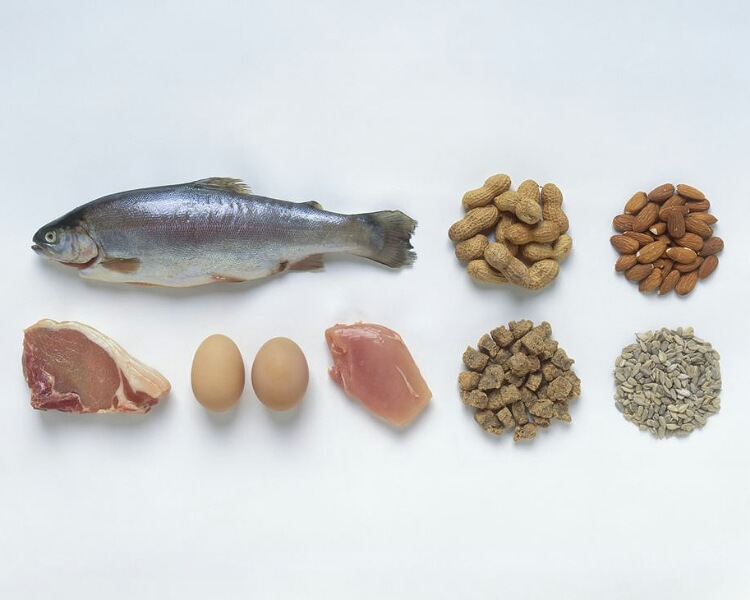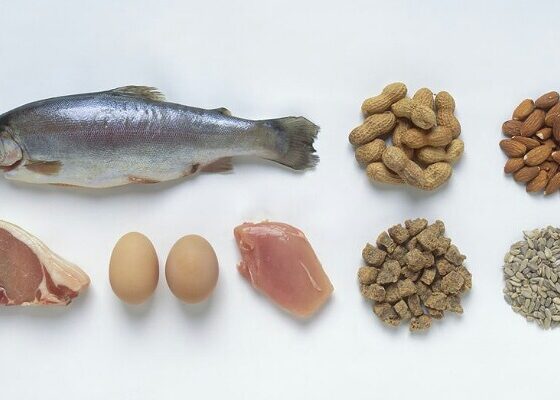Branched chain amino acids are increasingly used by gym goers and athletes to lose fat and build muscles. Is it effective? Is it necessary? What are the benefits? Are there any side effects?
What are branched chain fatty acids?
Branched chain fatty acids or BCAAs are the building blocks of the macronutrient, protein. You need them to build your body skeletal system especially muscles. There are 20 of these amino acids. And the human body synthesizes 11 of these. The remaining 9 have to come from diet or in supplements.
These are phenylalanine, threonine, tryptophan, histidine, isoleucine, leucine, lysine, valine and methionine. Of these, leucine, isoleucine, and valine are important for muscle mass. And, leucine is vital. Its level decreases during exercise and has to be replenished to build protein and muscle.

Nick Mitchell, founder of Ultimate Performance says:
“You can get all the amino acids that you need from real food and you will not suffer if you do not take supplements, including the branched-chain amino acids leucine, isoleucine and valine,”
And he adds:
“We have long known that BCAAs in general are beneficial during exercise, but we now know that leucine in particular has very specific effects on muscle and that during your workouts the other two only get in the way by competing with leucine for absorption,”
“Leucine is the one key BCAA required for muscle protein synthesis and prevention of muscle catabolism, inhibiting the breakdown of muscle tissue.”
Health benefits
These are the four benefits of BCAAs:
Muscle building
These amino acids help in building of muscles. Nick explains:
“A high-protein diet from things like meat, eggs and dairy is absolutely vital to provide the full spectrum of essential amino acids for the body,”
“Real food should always be the priority and getting your diet right should be fundamental before looking to supplementation.”
Each meal should give you 2 to 3 g of leucine.
Fatigue reduction
Exercises can tire you. The amount of fatigue depends on the intensity, duration and fitness levels. Studies have shown that supplementation with BCAAs can reduce fatigue and improve mental focus during exercise.

Body fat reduction
BCAAs can burn body fat and help in weight loss. Nick states:
“Supplementation of the BCAA leucine, especially in combination with glutamine, has been shown to help overweight subjects on a hypocaloric diet,”
“Helping to reduce excess fat, and helping to normalise visceral fat, which is a marker of metabolic problems.”
Reduction of delayed onset muscle soreness (DOMS)
A study showed that BCAAs reduce delayed onset muscle soreness or DOMS.
Foods that have high levels of BCCAs are chicken, eggs, tuna, cottage cheese, salmon, and nuts. Since foods cannot provide adequate amounts of BCAAs, supplements can help. It is convenient, easy to transport, cheaper, easy to take and digest. Therefore, sports nutritionists advise these supplements for their clients.
These are available as tablets or powder. Usually, one has to take them 15 minutes before a workout. But generally, one can also have them three times a day. Nick said:
“For optimal muscle gain, we would recommend a product with 5-8 grams of leucine throughout your workout with 1-1.5 litres of water,”
Also, read Sebastian Mansla Workout Routine, Diet Plan, Exercise, Body Measurements

He added:
“As leucine prolongs muscle protein synthesis after training and after meals, it can be effective for people to consume leucine 90 minutes after breakfast or lunch also, particularly where muscle gain is the goal. If you are concentrating on fat loss you can instead take it 30-45 minutes before a meal.”
These are safe for consumption and see well tolerated.
